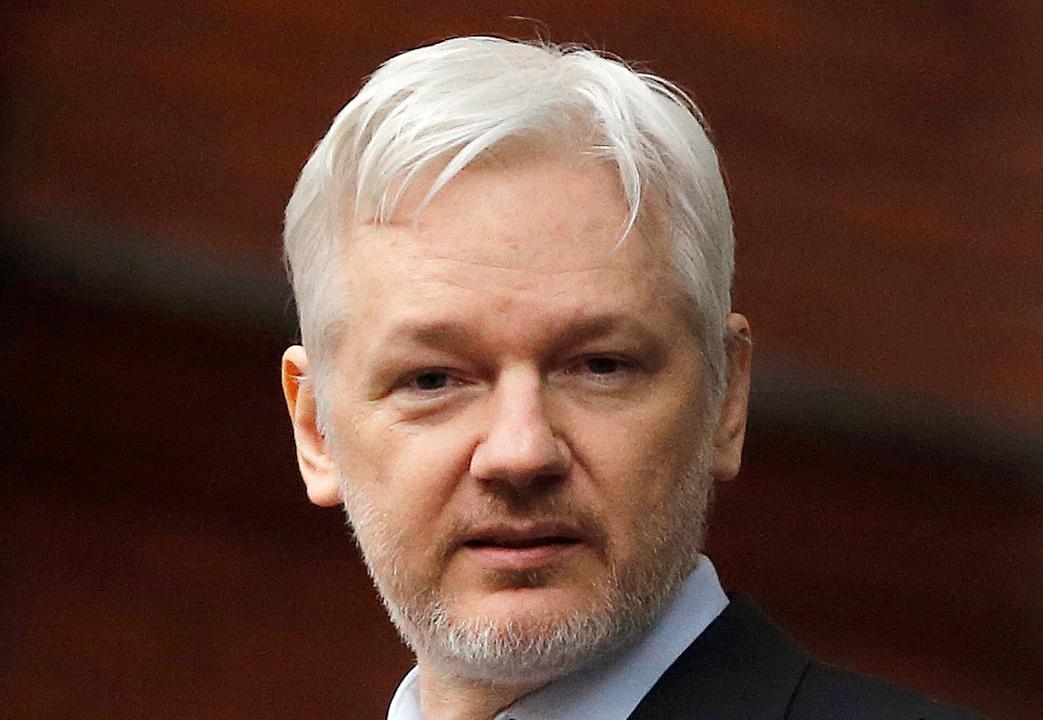US charges Julian Assange, WikiLeaks founder, with conspiracy
WASHINGTON, April 11 (Reuters) - U.S. prosecutors said on Thursday they had charged Julian Assange, founder of the WikiLeaks website, with conspiracy in trying to access a classified U.S. government computer with former Army intelligence analyst Chelsea Manning in 2010.
Assange, arrested by British police in London and carried out of Ecuador's embassy there, faces a maximum penalty of five years in prison on the American charges, the U.S. Justice Department said in a statement.
His London arrest paved the way for his possible extradition to the United States.
Assange's indictment arose from a long-running criminal investigation dating back to the administration of former President Barack Obama. It was triggered in part by the publication by WikiLeaks in 2010 of hundreds of thousands of U.S. military reports about the wars in Afghanistan and Iraq and American diplomatic communications.
The Justice Department said Assange, 47, was arrested pursuant to the U.S./UK Extradition Treaty, and accused him of involvement in one of the largest compromises of classified information in the history of the United States.
The indictment said that Assange in March 2010 engaged in a conspiracy to assist Manning in cracking a password stored on U.S. Department of Defense computers connected to the Secret Internet Protocol Network (SIPRNet), a U.S. government network used for classified documents and communications.
He was charged with conspiracy to commit computer intrusion.
CLICK HERE TO GET THE FOX BUSINESS APP
The department said Manning had access to the computers as an intelligence analyst and was using them to download classified records to transmit to WikiLeaks. Cracking the password would have enabled Manning to log on to the computers under a username other than her own, making it more difficult for investigators to determine the source of the illegal disclosures, the department said.
The Obama administration decided not to prosecute WikiLeaks on the grounds that the work of WikiLeaks was too similar to journalistic activities protected by the U.S. Constitution's First Amendment.
Special Counsel Robert Mueller also underscored the role of WikiLeaks in his 22-month investigation into Russia's role in the 2016 U.S. election. The website published emails damaging to Democratic presidential candidate Hillary Clinton that Mueller and U.S. intelligence agencies have said were stolen by Russia in a bid to boost Republican Donald Trump's candidacy.
The Justice Department said Manning and Assange engaged in real-time discussions concerning Manning's transmission of classified records to Assange in which Assangeencouraged Manning to provide more information.
The department's statement quoted an exchange between the two in which Manning told Assange that "after this upload, that's all I really have got left," with Assange replying that "curious eyes never run dry in my experience."
(Reporting by Mark Hosenball in Washington and Nathan Layne in New York; Writing by Will Dunham; Editing by Susan Heavey, Bill Rigby, Bernadette Baum and Jonathan Oatis)




















